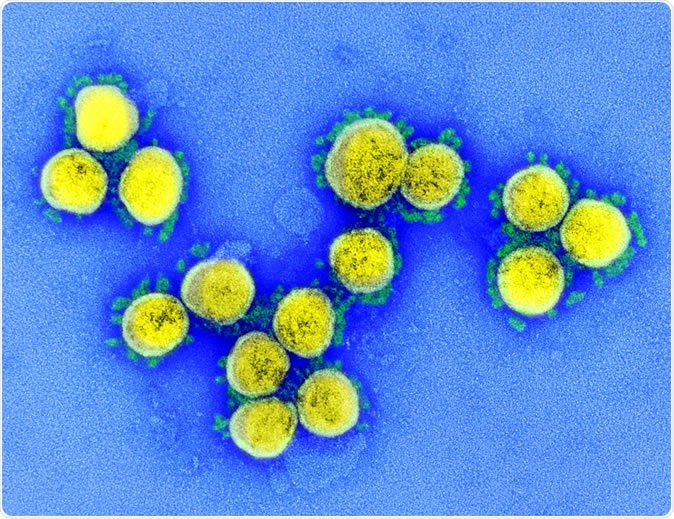The influx of new coronavirus disease (COVID-19) cases has overwhelmed healthcare systems across the globe, including the United States. The country has seen a sharp increase in its infection and death toll, prompting the U.S. Centers for Disease Control and Prevention (CDC) to launch an online triage system to help residents make decisions about seeking appropriate medical care.
The novel coronavirus self-checker, called Clara, is a bot used as a triage system to assess the severity of cases, and at the same time, lessen the burden on doctors and health workers in clinics and hospitals.
All residents in the United States can use the bot to help them make decisions about seeking proper medical care. The bot will ask many questions, including what symptoms are present, if the patient has an underlying medical condition, or he or she had contact with someone diagnosed with COVID-19.
The bot also asks questions about the symptoms experienced, such as if they are gasping for air or they have difficulty breathing. Further, the location of the patient or if they have been in contact with someone who had tested positive for COVID-19.

Lessen healthcare burden
The purpose of the self-checker for COVID-19 is to ease the burden on healthcare workers who are now scrambling to treat patients with the infectious disease.
The new bot can alleviate crowding, giving the best advice for the patient even before they go to the hospital. For those with symptoms, contact with a known case of coronavirus, and those who had a recent travel history to an affected place, Clara will advise them to visit the doctor.
The common signs and symptoms of the novel coronavirus include fever, cough, and shortness of breath, appearing between two and 14 days after exposure. In some cases, people may manifest gastrointestinal symptoms. For those with signs of COVID-19, getting immediate medical attention is crucial.
It is essential to filter patients who need urgent medical care and those who do not to lessen the work burden of nurses and doctors in hospitals.
Prioritize testing
The WHO and health authorities encouraged manufacturers to ramp up efforts to provide testing kits to help trace people with the virus. Today, the guideline states that those with the most severe symptoms should be prioritized for COVID-19 testing.
Testing is the key to know who is infected and how to prevent it from spreading to others. If many people are tested, they know about their COVID-19 status, isolating themselves if they are positive. This way, many lives of people are safe.
The WHO asked many residents to support its call to test every suspected case. When many patients are being tested, more will be quarantined and isolated in order not to transfer the virus to other people.
"To support our call to test every suspected case, we are also working hard to increase the global supply of diagnostic tests. There are many companies globally that produce diagnostic kits, but WHO can only buy or recommend kits that have been evaluated independently, to ensure their quality," WHO's director-general, Tedros Adhanom Ghebreyesus, said in a statement.
The United States is now in third place in terms of the number of cases with 43,901. Italy is the new epicenter of the pandemic with 63,927 infections and 6,077 deaths. The total number of infections worldwide is 378,601, while the death toll reached 16,505.